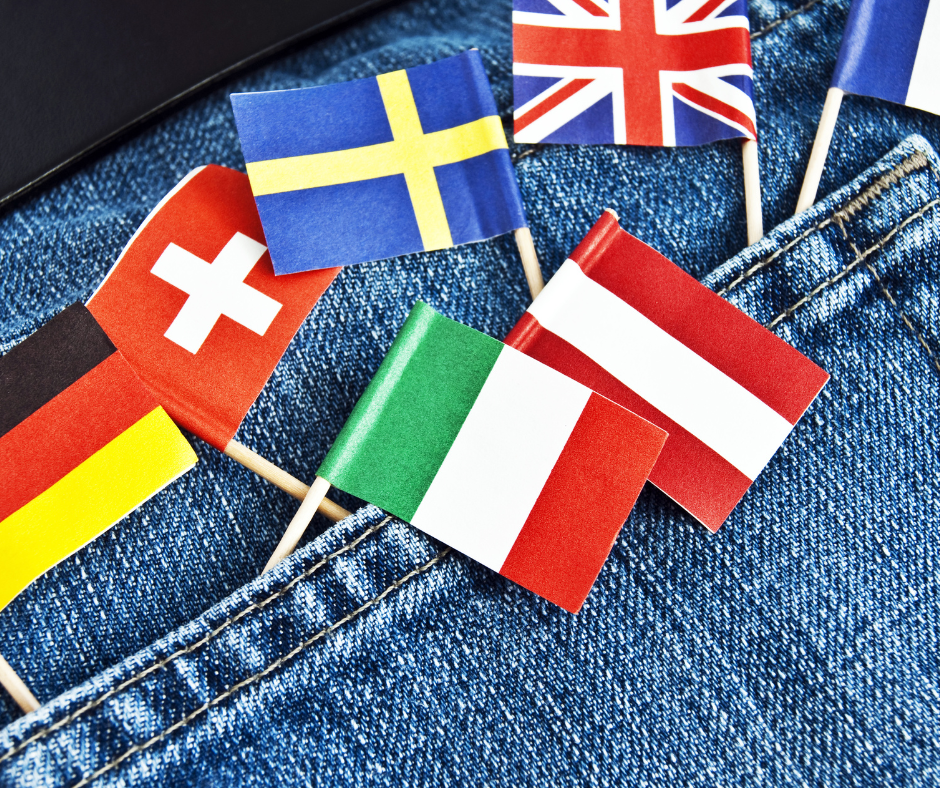Rapidly Evolving Energy Strategies in Europe
April 18, 2023
During the recent Cleantech Summit, one panel, in particular, broadened the international boundaries: “Europe’s Rapidly Evolving Energy Strategies.”
The three speakers – Victor Marcos Morell, Hardy Boeckle, and Paul Rennie, who respectively represented Spain, Germany and the UK – unanimously affirmed how “energy policy is not only about business and commercial but also about geopolitics”. As a matter of fact, the moderator of the panel – Pavel Molchanov – started the discussion with the hot topic of the previous Cleantech Summit: War in Ukraine.
After more than one year since its breakout, the international conflict impacted, to varying degrees, all of Europe. In particular, the high dependency of European countries on Russian gas – which, in the case of Germany, was up to 55% of the total imports before the break of the War – was truly debilitating after the pipelines were shut down. Additionally, the suffering was aggravated by an energetic mix that was not diversified enough; low storage capacities and low interconnectivity. The latter, as Victor Marcos Morell stated, has always prevented the Iberian Peninsula from fully exploiting its high production of renewable energy.
Additionally, as a consequence of the high influence of Russia on the energy market, the war in Ukraine forced the EU to face an alarming rise in gas prices – which got up to 10 times higher than the ones in the US. On top of it all, the EU has to deal with the consequences of the Inflation Reduction Act – one of the most outstanding events of the last few years. First and foremost, European companies are being increasingly attracted to the US, leaving Europe with low levels of competitiveness.
Even in all its gravity, we could say that the war in Ukraine had a beneficial influence on the European energetic transition: it created the urgent need to find more resilient and renewable alternatives to Russian gas. As Paul Rennie pointed out, the awareness of energy consumption that was raised among the masses during the last year can positively impact energy savings.
Additionally, emphasis was put on the upcoming deadlines for the EU’s energy transition, and the panelists were proud to announce the ambitious goals of their own countries. For example, Germany – whose energy scenario was one of the most dependent on Russia – was able to not only survive the sudden shut down of the pipelines but also create long-term strategies for a renewable future. Even after shutting down the remaining nuclear reactors, ceasing the use of coal and having to build all the terminals to receive LNG (Liquified Natural Gas), the German government is still confident to reach a share of 80% of renewable energy sources by 2030.
Similarly, other ambitious goals were set by the UK and Spain. The former aims to completely stop the use of coal by 2025, while also supporting coal-based communities throughout the energetic transition; the latter is already the second-largest generator of renewable power in Europe, and aims to cover around 80% of its energy mix with renewable sources by 2030.
To conclude, the “Europe’s Rapidly Evolving Energy Strategies” panel left UNC Cleantech Summit attendees with one main takeaway. That is, Europe’s energy scenario can be easily influenced by the geopolitical borders, but all the exigencies point towards the same direction: an energetic transition.
About the Author
This article was written by Tommaso Zucchinali, a first-year international student from Rome, Italy, and IE Cleantech Corner Initiative intern for the UNC Cleantech Summit. He came to UNC-Chapel Hill to study Environmental Science, with a particular interest in its intersection with business and entrepreneurship.
